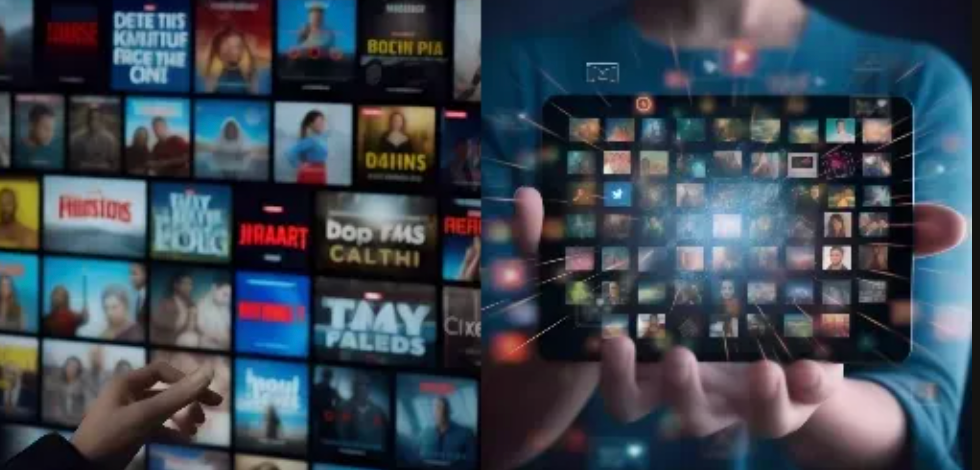
The Power of Education: Shaping Minds, Changing Lives
Education is one of the most influential factors in shaping individuals, communities, and entire societies. It transcends mere academic learning, deeply impacting one’s life, career opportunities, and overall worldview. Education opens doors to opportunities, cultivates critical thinking, fosters creativity, and builds resilience. While every individual’s educational journey is unique, the overarching goal remains the same: to empower people with the skills, knowledge, and confidence they need to navigate life effectively and contribute meaningfully to society.
Building Knowledge and Skills
At its core, education imparts knowledge. It equips people with essential skills and information necessary for survival and success in their personal and professional lives. For children, foundational skills in reading, writing, and mathematics are essential building blocks. As they advance, they gain specialized knowledge in areas that may define their future careers, from science and technology to the humanities and arts.
Yet education goes beyond memorizing facts and theories; it also fosters critical thinking and problem-solving skills. In a rapidly evolving world, the ability to assess situations, adapt, and find innovative solutions is more valuable than ever. Through a strong education, students learn how to approach problems analytically and thoughtfully, becoming prepared for the many challenges they’ll face.
Empowering Individuals
Education empowers individuals by giving them a sense of purpose and self-worth. It nurtures self-confidence, as people realize they can learn, grow, and make meaningful contributions. This empowerment is particularly evident in communities where educational access has historically been limited. In these places, education becomes a powerful force for change, inspiring people to envision better futures and giving them the tools to achieve their goals.
Moreover, an educated population is more likely to participate in civic life, make informed choices, and advocate for themselves and their communities. Educated individuals often have a greater awareness of their rights, responsibilities, and the importance of contributing positively to society. This active citizenship strengthens democracy, as informed citizens can make decisions that shape policies, safeguard freedoms, and promote equality.
Social and Economic Benefits
The social and economic benefits of education extend far beyond individual success. Economically, education is closely tied to growth and prosperity. Countries with high literacy rates and access to quality education tend to have higher levels of economic development. An educated workforce attracts better job opportunities and drives innovation, boosting productivity across industries.
Socially, education promotes tolerance and understanding, encouraging people to respect diverse perspectives and cultures. In an increasingly interconnected world, such understanding is essential. Schools are often the first places where children interact with peers from different backgrounds, learning the values of cooperation, empathy, and teamwork. These values lay the foundation for harmonious communities where people appreciate their differences and find strength in unity.
Education and Lifelong Learning
The benefits of education don’t end with formal schooling. Lifelong learning is increasingly recognized as vital in today’s dynamic job market and knowledge-based economy. The rapid pace of technological advancement requires individuals to continue developing their skills and stay informed of changes within their fields. Lifelong learning enables people to stay relevant and adapt to new trends, ensuring they remain active contributors to society.
Online learning, vocational training, and community programs have all become valuable resources for lifelong learners. They offer flexible, accessible ways to gain new skills, update knowledge, and pursue personal interests. With the internet and digital platforms, education is more accessible than ever, allowing people to learn at their own pace and tailor their studies to their individual needs.
Conclusion
Education is more than a pathway to employment; it is a transformative force that affects every aspect of life. It empowers people to improve their circumstances, pursue their passions, and actively participate in society. It bridges social and economic divides, promotes understanding and tolerance, and strengthens communities. In a world facing complex global challenges, investing in education is not only an investment in individuals but also an investment in the future of humanity. Every person, regardless of their background or circumstances, deserves the opportunity to benefit from education’s life-changing power.

